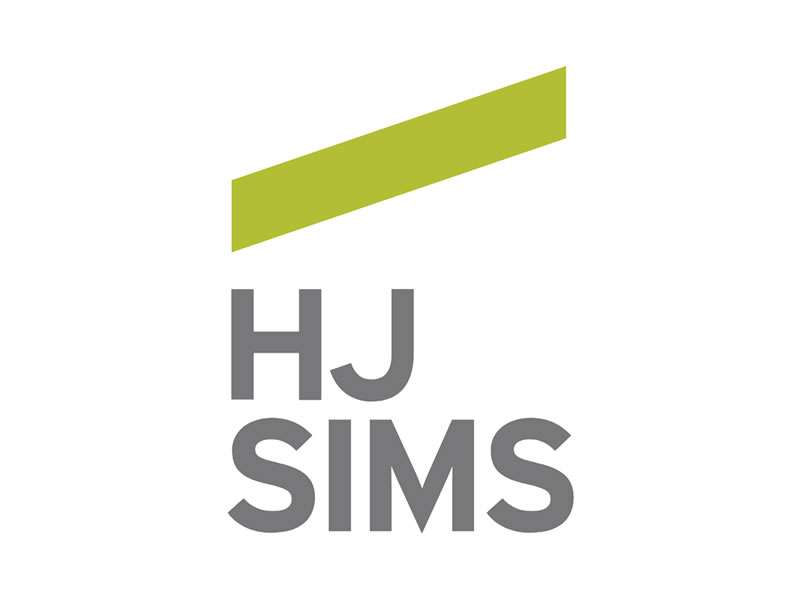An ambitious young Canadian immigrated to the United States at the age of 29 and began a business in Chicago by selling cheese from the back of a wagon. Six years later, James L. Kraft was joined by three brothers and they soon moved their headquarters to New York. By 1915 they had patented a processed cheese product that did not require refrigeration and sold six million pounds of it to the U.S. Army for military rations. They rebranded as Kraft Cheese Company and captured 40% of the U.S. cheese market before they sold themselves to National Dairy in 1930. Four decades later, the Kraft name was resurrected and the firm began a long series of dizzying mergers and sales until it was acquired by Philip Morris then spun off again. In 2008, Kraft replaced AIG in the Dow Jones Industrial Average and pursued ventures with Group Danone and Cadbury. In 2012, Kraft divided its business into two companies, one focused on grocery product sales in North America, the other on snack product sales worldwide.
Henry J. Heinz, the driven young son of German immigrants was 25 years old when he formed a horseradish packaging company in Sharpsburg, Pennsylvania. In 1876 he started another firm with his cousin and brother. Within 20 years he bought them both out and expanded his business line from tomato ketchup and sweet pickles to include more than the “57 Varieties” in his catchy slogan. By 1908, the Pittsburgh-based firm had become the world’s largest tomato manufacturer and, over time, developed marketing innovations ranging from octagon shaped glass bottles to single-container pouches of mustard and relish to commercials set to the hit song “Anticipation.” The company was managed by members of the Heinz family until 1969. Henry was the great-grandfather of U.S. Senator H. John Heinz III and a second cousin twice removed of President Donald J. Trump.
In 2015, Kraft’s parent company merged with H.J. Heinz Holding Corporation in a $23 billion transaction arranged by Berkshire Hathaway and 3G Capital, two firms that hold a 47% ownership stake. Kraft Foods in Northfield, Illinois became a division and brand within Kraft Heinz Company (NASDAQ: KHC), now the fifth largest food company in the world with 80 factories and $24 billion of annual revenue. The Heinz brand and division in Pittsburgh includes many of the world’s most popular condiment including relish, sauces, gravy, vinegar and baked beans. Kraft’s most popular products include Philadelphia Cream Cheese, Planters Nuts, Jell-O Desserts, Kool Aid, Maxwell House, Oscar Meyer, Nabisco cookies, Cadbury and Toblerone chocolates and, of course, Kraft Macaroni and Cheese which sells one million boxes a day.
The debt-financed merger of the two American success stories has made it rather tough going for shareholders. Market share, revenue and net income have declined along with consumer preferences for fewer packaged foods and the company is reliant on Wal-Mart Stores for more than 20% of its sales. Kraft Heinz has slashed expenses, cut dividends, sold assets, and taken writedowns in an effort to remain competitive. The brand names nevertheless retain huge popularity: during the pandemic lockdowns, pantries around the world have been stocked with Kraft and Heinz staples that are trusted and viewed by consumers as having value. The company is in a defensive sector, one that is likely to remain strong under stay-at-home, eat-at-home scenarios throughout the recession. It has scale and a solid supply chain. In addition, as of March 31, the company had $5.4 billion of cash and a $300 million credit facility still untapped.
Kraft Heinz came to the high yield corporate bond market earlier this month with a $1.5 billion deal funding a tender offer but found enough investor demand to upsize the bond issue to $3.5 billion. This was its first debt raise in the high yield market as the company was downgraded to BB+ by S&P and Fitch who cited a two-year decline in profits, high dividend payouts, and failure to bring its $32 billion debt level down after splurging on acquisitions. Among its outstanding debt, the 4.375% bonds due 6/1/2046 are priced at $92.97 to yield 4.854% at this writing. We compare the yield to that offered by 20-year Treasuries at 1.19%, 30-year Treasuries at 1.43%, 30-year Fannie Maes at 1.55%, and 30-year Baa rated taxable municipal bonds at 3.95%. On the tax-exempt side, Baa3 rated State of Illinois general obligation bonds due in 2045 currently yield 5.17%. For current offerings from our municipal and corporate bond trading desks, please contact your HJ Sims Advisor.
We divert from our usual weekly commentary focused on municipal bonds this week to pay tribute to one of our longtime corporate bond traders, Peter Polakoff, who passed away this week. Peter was a senior vice president in our Boca Raton office for 19 years until he retired after 45-year career in corporate and municipal bond trading. He relished the stories behind each bond and could always find hidden gems among the varieties in our $8 trillion corporate debt market. We at HJ Sims extend our sympathies to his family.
